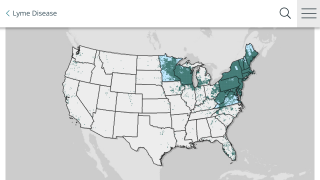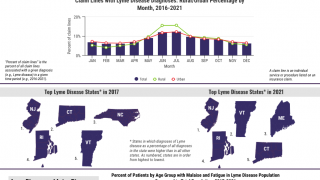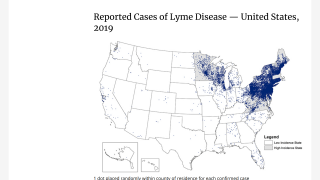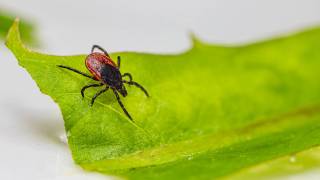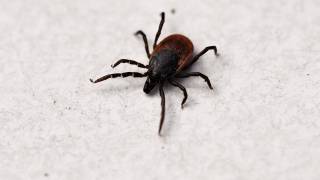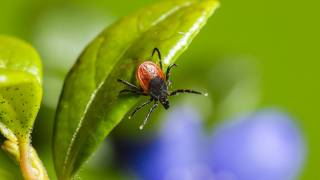‘Bugapalooza’ Launches at the National Museum of Health and Medicine
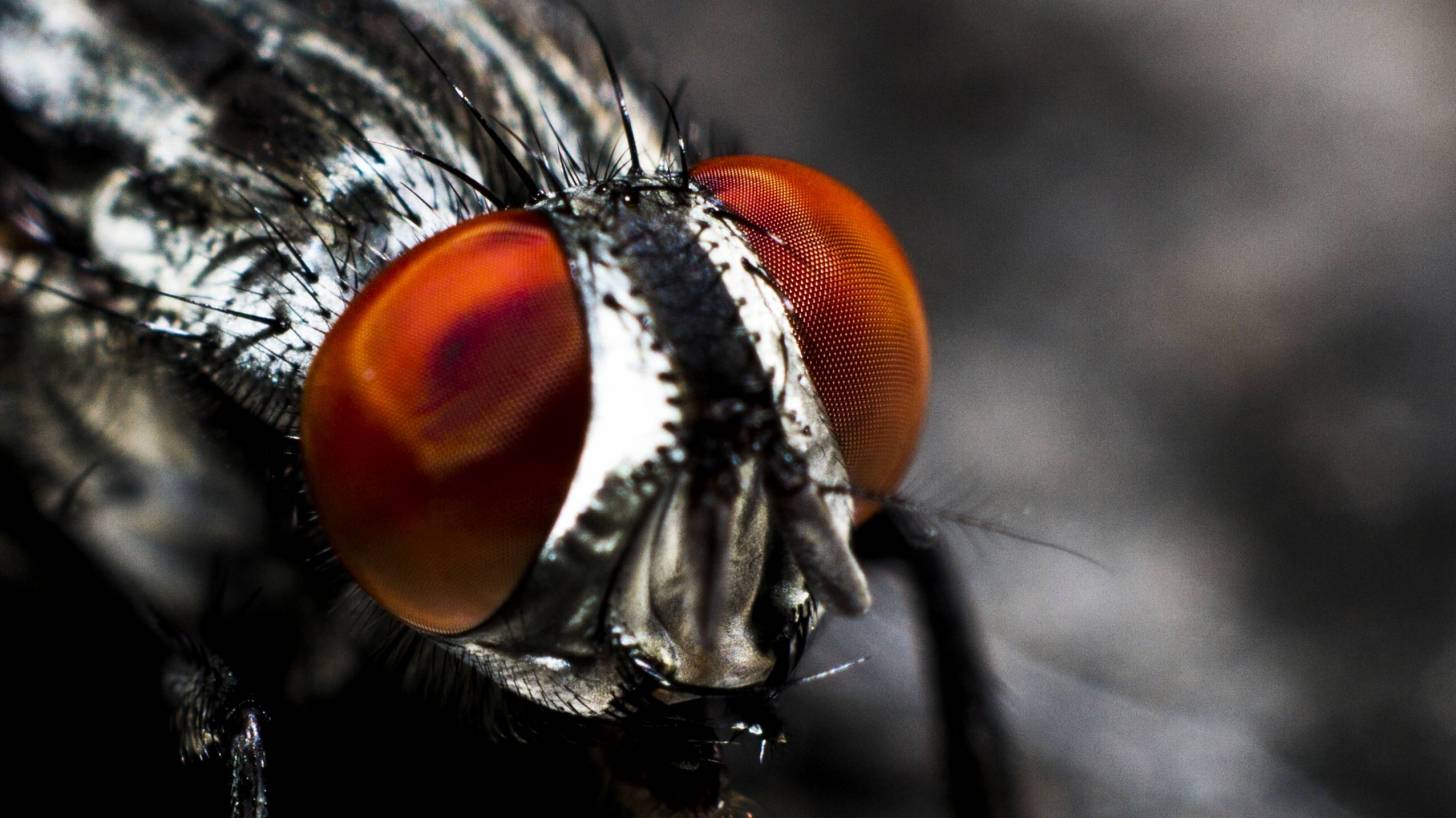
Each summer, the Military Health System celebrates ‘Bug Week’ to educate stakeholders about bug-borne illnesses they may encounter both inside the home and outside.
‘Bugapalooza’ kicks off Bug Week which starts on July 27, 2019, and is designed to raise awareness of vector-borne illnesses such as Dengue fever, Malaria, Chagas disease, Lyme disease, and the Zika virus.
These diseases can have potentially debilitating consequences, and the Department of Defense (DoD) wants you to know, they are preventable.
As part of the initial DOD-sponsored event which is held at the National Museum of Health and Medicine (MHS), Defense Department public health officials, entomologists, and researchers will showcase the dangers and benefits bugs bring to the Earth.
"Bug Week is an exciting and important campaign for the Military Health System [MHS]. We have a unique opportunity to educate beneficiaries about bug-borne illnesses in a fun and creative way, while simultaneously building an appreciation of bugs," Richard Breen, MHS Director of Communications, said in a statement published by Military.com.
For the 7-year surveillance period, military records had documentation of 1,436 confirmed cases of vector-borne diseases, 536 possible cases, and 8,667 suspected cases among active and reserve service members.
Lyme disease (721) and malaria (345) were the most diagnosed vector diseases among the confirmed and possible cases.
This 7-year data reinforces the need for preventive measures and continued education to counter the ever-present vector-borne diseases.
The Defense Health Agency has a number of fact sheets on insects, ticks and their associated diseases on its Bug Week website.
With the world growing warmer, bug-borne diseases are spreading and outbreaks are becoming more frequent, while good insects, such as bees, are becoming endangered.
"Bugapalooza" will also emphasize the good things about bugs, including the beauty and benefits of pollinators and the role bugs play in the food chain,” Schierkolk said to Military.com.
Recent military vaccine news
- Air Force Servicewomen Most Protected From Preventable Cancers
- Vaccines and Military, A Beneficial Relationship
- US Government Makes 2nd Zika Investment
- Zika Vaccine Research Receives $2 Million From the DOD
The National Museum of Health and Medicine is located at 2500 Linden Lane, Silver Spring, Maryland.
This article included phrases from [email protected]. Follow her on Twitter at @patriciakime.
Our Trust Standards: Medical Advisory Committee







